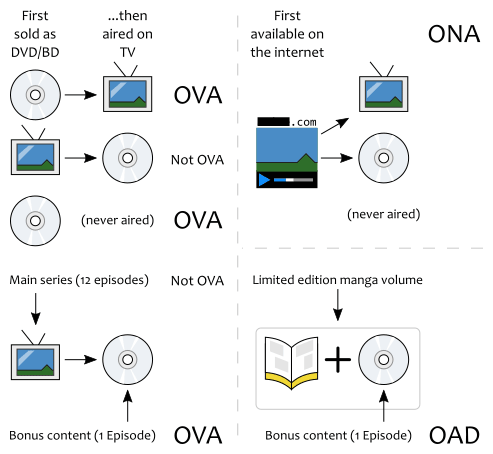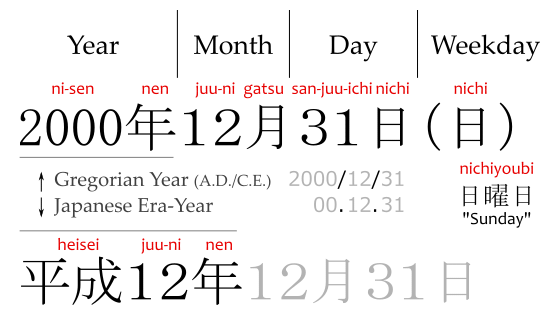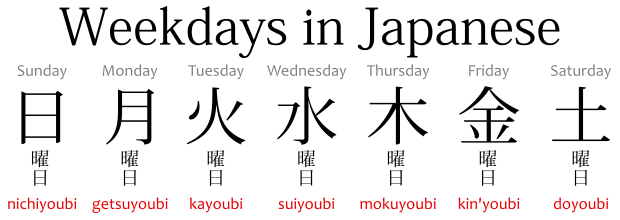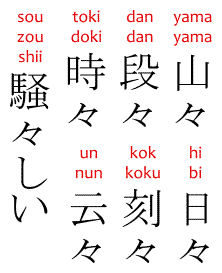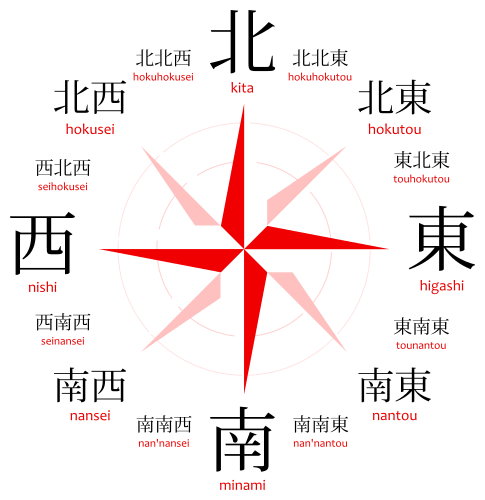ONA
An ONA is an anime that was released first through the internet, streamed through some service, as opposed to having first aired on TV, or being first distributed as physical media (DVDs, BDs.)
OAV
An OAV is an anime that was first made available through physical copies, that is, on discs, DVDs, Blu-rays, as opposed to having first aired on TV. The term stands for "Original Animation Video."
It's literally the same thing as OVA, Original Video Animation. The term OVA is more common than OAV, specially in Japan, probably because "AV" without the "O" normally means "adult video"—i.e. a "pornographic video"—in Japanese.
See the article about OVA for details.
OVA - Meaning in Japanese
An OVA is an anime that was released first as physical copies, that is, on discs, DVDs, Blu-rays, as opposed to having first aired on TV. This includes both whole series first sold as discs, as well as bonus episodes that never aired on TV but on blu-rays containing episodes that did air on TV.
In English, "straight-to-video" or "direct-to-video" are similar terms, but OVA refers to animation specifically.
masshiro, makkuro, makka, massao 真っ白, 真っ黒, 真っ赤, 真っ青
In Japanese, masshiro 真っ白, makkuro 真っ黒, makka 真っ赤, and massao 真っ青 mean literally "true white," "true black," "true red," and "true blue." They're terms for strong, pure colors, but they're more commonly used with figurative meanings.
Names of Colors in Japanese - Kuro, Shiro, Aka, Ao, Midori, Kiiro + Others
Japanese Date Format
In Japanese, dates are written in year, month, day order (year first, day last), e.g. 2000年12月31日 means year 2000, month 12, day 31, therefore 11/10/09 would be year 2011, month 10 (October), day 9. This is different from the date format typically used in English-speaking countries. Compare:
| Language | Date format | Spoken |
|---|---|---|
| Japanese | YYYY-MM-DD 2000/12/31 |
ni-sen-nen, juu-ni-gatsu, san-juu-ichi-nichi 2000年12月31日 Year 2000, month 12, day 31. |
| British English |
DD-MM-YYYY 31/12/2000 |
Thirty-first of December, 2000. 31st of December, 2000. |
| American English |
MM-DD-YYYY 12/31/2000 |
December thirty-first, 2000. December 31st, 2000. |
Besides the order, the way Japanese dates are written also has some other peculiarities that we'll see through this article.
Years in Japanese and Eras
Existence Verbs
nai ない, 無い
Months in Japanese
In Japanese, months don't have names like January, February, etc., the way we have in English. Instead, February, the second month, for example, is referred to as "month two," ni-gatsu 二月. Its number may also be spelled with an Arabic numeral instead of kanji, as 2月.
| Month Name | In Japanese | romaji | Translation |
|---|---|---|---|
| January | 一月 or 1月 | ichigatsu | Month one. |
| February | 二月 or 2月 | nigatsu | Month two. |
| March | 三月 or 3月 | sangatsu | Month three. |
| April | 四月 or 4月 | shigatsu | Month four. |
| May | 五月 or 5月 | gogatsu | Month five. |
| June | 六月 or 6月 | rokugatsu | Month six. |
| July | 七月 or 7月 | shichigatsu | Month seven. |
| August | 八月 or 8月 | hachigatu | Month eight. |
| September | 九月 or 9月 | kugatsu | Month nine. |
| October | 十月 or 10月 | juugatsu | Month ten. |
| November | 十一月 or 11月 | juuichigatsu | Month eleven. |
| December | 十二月 or 12月 | juunigatsu | Month twelve. |
Likewise, the name of the anime 3-Gatsu no Lion 3月のライオン means literally "The Lion of March."
Weekdays in Japanese - Monday, Tuesday, Wednesday, Thursday, Friday, Saturday, Sunday
In Japan, a week has seven days just like everywhere else in the world (probably). For reference, this is what the weekdays are called in Japanese:
| Weekday | kanji | romaji |
|---|---|---|
| Sunday | 日曜日 | nichiyoubi |
| Monday | 月曜日 | getsuyoubi |
| Tuesday | 火曜日 | kayoubi |
| Wednesday | 水曜日 | suiyoubi |
| Thursday | 木曜日 | mokuyoubi |
| Friday | 金曜日 | kin'youbi |
| Saturday | 土曜日 | doyoubi |
ヴ - ウ with Tenten?
Up, Down, Left, Right in Japanese
々 (Kanji Repetition Symbol)
In Japanese, the 々 symbol means the kanji 漢字 that comes before it should be repeated, e.g.: 人々 is the same as 人人, the 人 kanji twice. It's called noma ノマ, kurikaeshi 繰り返し, among other names.
North, South, East, West in Japanese
Worry not! Here's Japanese compass rose so you don't lose your way:
Bakuretsu! Bakuhatsu! EXPLOSION!!!
Kanji Radicals and Components
nakama
In Japanese, the word nakama 仲間 means "someone who's in the same group as you," or can refer to the group itself. This group is, often, a group of friends, colleagues, etc. But it can also mean other sort of groups, like in a "birds of same feather" sense, for example.
